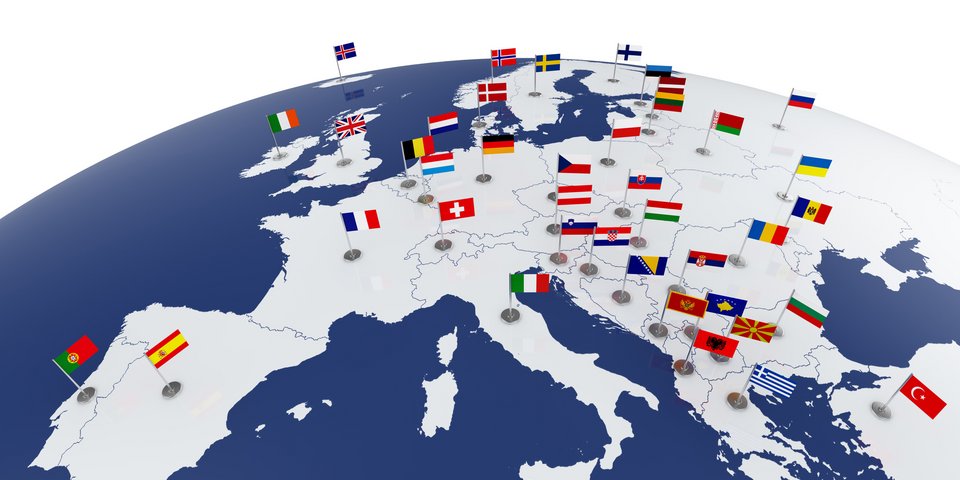 Denys Rudyi - Fotolia
Denys Rudyi - FotoliaResponsibility for global supply chains
Europe should take on a pioneering role.
SW – 10/2020
The coronavirus pandemic has once again
shown that human rights, social and environmental standards are prone to
violation along the supply and subcontracting chains in a globalised economy. Examples like
sometimes unacceptable living and working conditions of seasonal workers, who
are often employed in subcontracting chains, or the hopeless situation of
seamstresses in the textile industry in Bangladesh, who were left without
income and social security due to cancelled orders have brought the issue into view once more.
European action plan
The German Federal Ministry of Labour and
Social Affairs (BMAS) has put the issue of sustainable supply chains on the
agenda of Germany's EU Council Presidency. According to the BMAS, Europe should
lead the way with an EU action plan on "Human Rights and Good Work in
Global Supply Chains" when it comes to strengthening corporate responsibility in global
supply chains, promoting human rights, social and environmental standards and
transparency and taking account of the experience from the COVID-19 pandemic.
A conference on 6th and 7th October 2020 as part of the
Council Presidency with representatives of European governments, the European
Commission, international organisations, trade unions, employers'
organisations, companies and academia on the topic of "Global supply
chains, global responsibility" was intended to provide impetus on how to
design such an EU action plan.
In its conclusions on the centenary of the ILO on 24th October
2019, the Council had already called on the EU Commission and the Member States
to take appropriate measures to support responsible management in global supply
chains and to communicate clearly to companies what is expected of them in
terms of responsible business conduct. If
these expectations are not adequately met, the necessity of specific measures
must also be considered.
European law on due diligence
At the start of next year, the EU
Commission intends to present a European initiative on corporate due diligence
obligations. It would like to hold not only the companies accountable but also
the company management, which according to its analyses is often too focused on
short-term investor interests. In order to reduce the burden for small and
medium-sized enterprises, an approach proportional to the size of the
enterprises must be adopted.
The EU Commission would like to gather
suggestions from the various stakeholders as part of a public consultation
announced for the second half of 2020. As early as July, it presented a first
"Impact assessment in the initial phase" on a European
legal framework for company law and corporate governance and gave interested
parties the opportunity to comment on it.
The question of the specific legal form of
the initiative still seems to be open. According to current planning, if
embedded in a possible EU action plan, it could be a legislative and a non-legislative
initiative e.g. guidelines. In a debate with members of the European
Parliament's Committee on Legal Affairs on 2nd September 2020, the responsible
Commissioner for Justice, Reynders did not comment on this, referring to the
ongoing consultation process.
Initiatives by the Member States
Some
Member States, such as France, the United Kingdom, the Netherlands and Denmark,
have already adopted or plan to adopt due diligence systems for companies. The
French "Droit de Vigilance" is often cited as a "model" for
an EU-wide initiative. The law added non-financial reporting obligations to
existing reporting obligations under the French Commercial Code.
Public limited companies with a head count
of 5,000 in France or 10,000 worldwide are required to draw up and apply a
so-called "due diligence plan". The plan must include measures that
are suitable for identifying and preventing risks of human rights violations,
environmental damage and health hazards arising from the activities of the company
itself. The same applies to activities of a company controlled by it and its
subcontractors and suppliers over which it has decisive influence. The plan
shall be included in the annual report and published. A fine of up to EUR 10
million shall be imposed in the case of non-compliance with the obligations.
